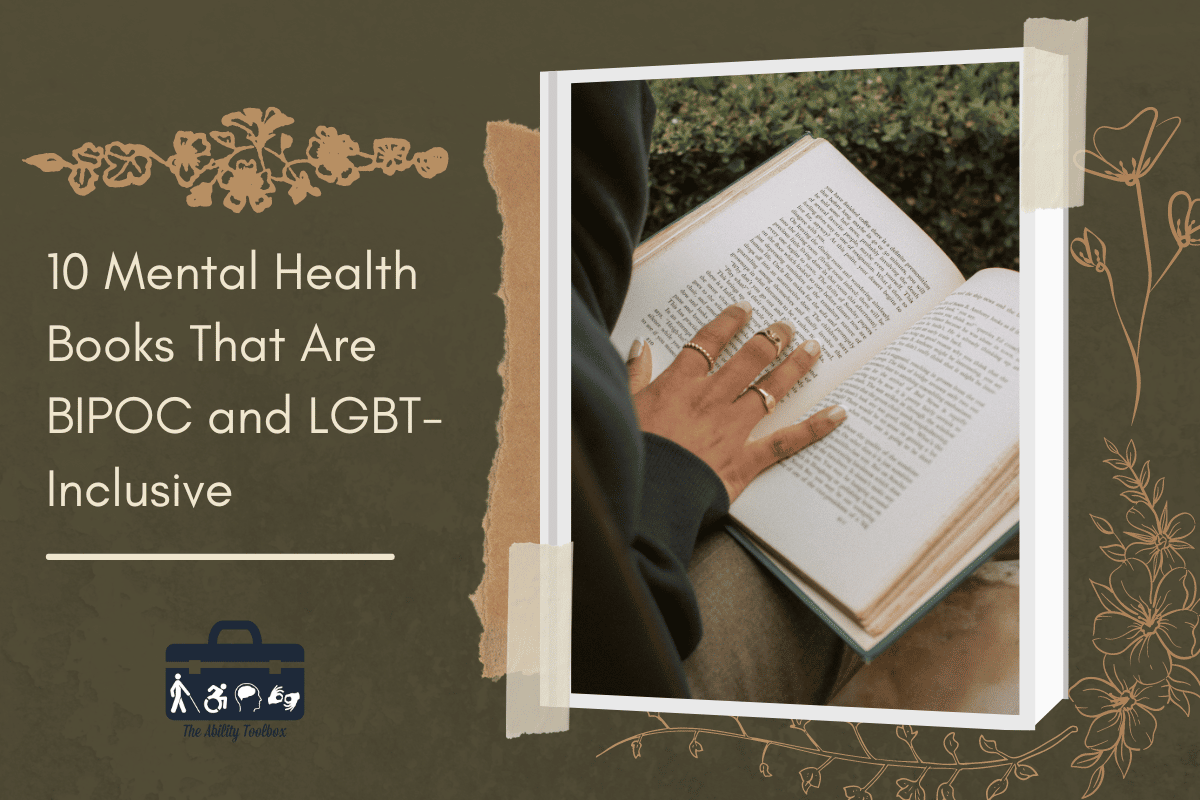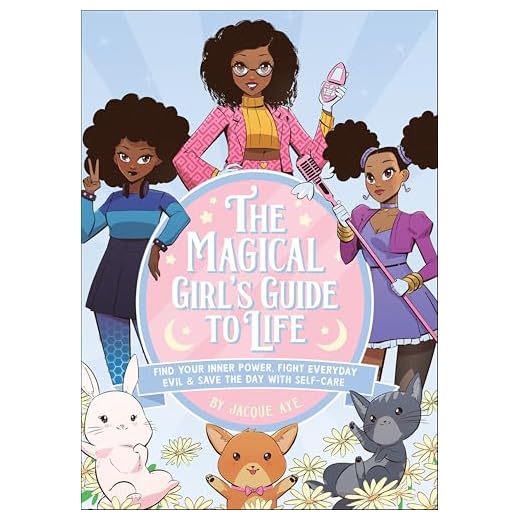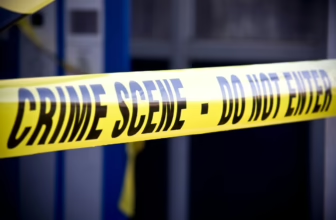For many members of marginalized communities, mental wellness can be hard to come by due to factors such as inaccessible mental health care, discrimination, and stigma. One recent statistic involving Black Americans states that only 31% received mental health care services. As a result, I and many others have had to find alternative coping mechanisms such as mental health books.
Mental health books such as self-help books and trauma-related memoirs have gotten more diverse. A greater variety of authors are being published such as women of color, disabled authors, and LGBTQ people. Moreover, there are a wide array of coping mechanisms such as art therapy, journaling, and mental health workbooks.
Although mental health books aren't a cure-all or a substitute for therapy, they have given me healthy coping strategies and helped me process things. As a Black-Asian queer person, there have been many mental health books I've either read or come across that I believe can help other people.
This article contains affiliate links. As Amazon associate, we earn from qualifying purchases.
Mental Health Books: Self-Help Workbooks
The Magical Girl's Guide to Life by Jacque Aye
Magical girl Japanese anime and manga like Sailor Moon and Princess Tutu are some of my favorite things. When I heard that there was going to be a self-help book inspired by magical girls, this was a must-buy for me. This book is filled with anecdotes from the author's own mental health experiences, parallels to magical girls, and exercises to help you tap into your inner magical girl (or person, if you're non-binary like me). Reading it helped me start to realize that I could be magical despite my mental health issues.
Homecoming by Thelma Bryant Davis
This book approaches healing with a lot of empathy, clear information, and practical steps at the end of each chapter. It is titled Homecoming because it urges you to come home to yourself by acknowledging your past trauma and realizing that it doesn't define who you are. Some self-help books have more of a textbook voice but this one is like a friend validating your experiences and offering advice.
The Complex PTSD Workbook by Arielle Schwartz
I bought this book because I saw it recommended in another book related to complex PTSD. Due to its subject matter, it isn't one of the easiest reads. However, this book has helped me map out the causes of my C-PTSD with written exercises as well as detailed explanations. By writing down how I've been affected, I've been able to see my trauma from a new perspective.
The Queer and Transgender Resilience Workbook by Annelise Singh
Resilience is one of the most powerful tools that an LGBTQ person can have. However, some people might not know how to build it and that's where this workbook comes in. This mental health book provides invaluable steps to having a resilient spirit through self-esteem, finding and using resources, becoming assertive, helping others, and more.
Essential Art Therapy Exercises by Leah Guzman
One day, I was looking up different types of therapy and learned about art therapy. Since I draw for fun, journal, and write poetry, this book ended up being perfect for me. There are chapters with exercises not only for painting, drawing, and writing, but also photography, sculpting, and collages. Each exercise encourages you to self-examine through art and also gain a new perspective on yourself.
The Trans Self-Care Workbook by Theo Lorenz
The only thing better than a coloring book and a journal is a book that combines both. Through cognitive behavioral therapy and mindfulness techniques, this book discusses issues affecting trans people such as body positivity, gender euphoria and dysphoria, coming out, and finding a supportive community. In addition to offering useful advice, this book aims to help trans and non-binary people affirm themselves.
Mental Health Books: Memoirs
The Body Is Not an Apology by Sonya Renee Taylor
Originally published in 2018, this book was recently re-released in an all-new second edition that includes a new chapter. While the first edition covered an introduction to radical self-love and how the world teaches us to see our bodies in a negative light, this second edition expands on this in a new chapter inspired by the author's travels. Here, she features specific tools and resources that can combat racism, sexism, ableism, homophobia, and transphobia. These tools complement the “reflection pages” that encourage the reader to examine their unconscious biases.
The Collected Schizophrenias by Esmé Weijun Wang
Schizophrenia is one of the less-understood mental health issues out there and this mental health book seeks to clear up misconceptions while speaking to other people dealing with it. It discusses not only the author's diagnosis and the process it took to get it, but also how it affects her in everyday life. Through essays discussing pop culture, medical institutions, and more, the author reckons with other people's perceptions of schizophrenia and how she learned to redefine it on her own terms.
The Pretty One by Keah Brown
I first learned about Keah Brown through the viral #DisabledandCute Twitter campaign. In 2019, she ended up releasing a collection of essays about her experience with cerebral palsy, pop culture, self-love, and the disability community. Both lighthearted and vulnerable, these essays are a must-read for any disabled person trying to reclaim themselves.
What My Bones Know by Stephanie Foo
Complex PTSD, abuse, and intergenerational trauma are some of the least talked about issues in the AAPI community. However, this book is one of the many things finally bringing them to light. Reading this as a Black-Asian person, I've had to take my time and even skip some pages due to how triggering it was to read. At the same time, this book is also really validating and I'm grateful for that.
What are your favorite mental health books?
Let us know in the comments.
















